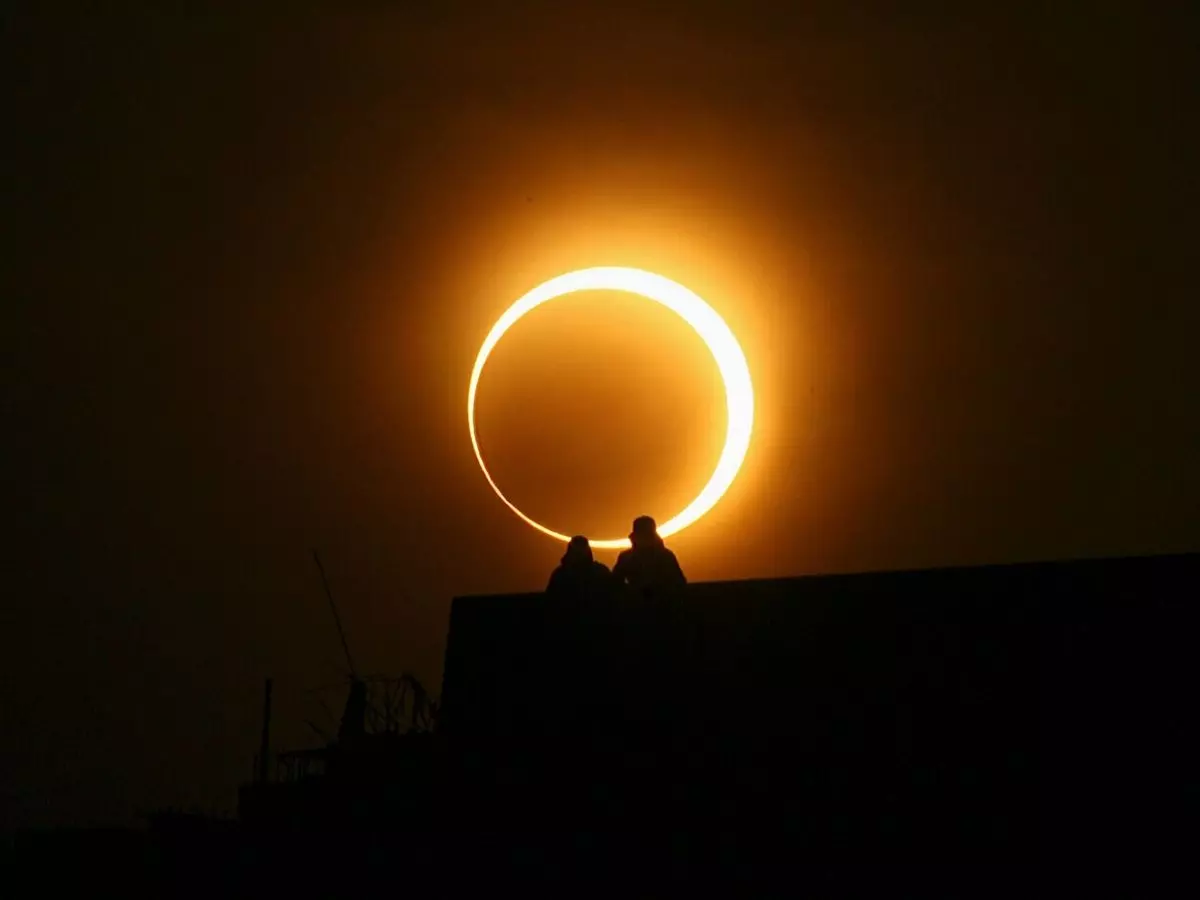Christmas Will See 2019¡¯s Final Solar Eclipse, Celebrating The End Of The Decade In Epic Style
This December marks the end of this decade -- a decade that really changed our lives. Some good things happened in this decade and some not so good things, but we¡¯re all optimistic for 2020. And mother nature wants to celebrate the end to this decade the right way, by displaying a massive and rather beautiful annual solar eclipse -- the last of this decade -- that too on Christmas.

This December marks the end of this decade -- a decade that really changed our lives. Some good things happened in this decade and some not so good things, but we¡¯re all optimistic for 2020.
 Reuters
Reuters
And mother nature wants to celebrate the end to this decade the right way, by displaying a massive and rather beautiful annual solar eclipse -- the last of this decade -- that too on Christmas.
The solar eclipse will be visible in Asia, Australia and Africa on December 26th while its still Christmas in the US. This eclipse will make you witness a beautiful ring of fire as the Moon is farther away from Earth, thus being close to its apogee. This makes it look three percent smaller than the sun when you look at it from Earth¡¯s surface (although in actuality its really humongous).
The eclipse will also be visible in India and will commence at 9:13 AM in the morning and you¡¯ll see the ring of fire for 3 minutes and 40 seconds approximately. This will be this year¡¯s third solar eclipse after the one we saw on January 6th and the one on July 2nd.
 Reuters
Reuters
It goes without saying that it is highly inadvisable to go looking at an eclipse with naked eyes as it can cause severe damage and can also result in blindness. If you want to look at the solar eclipse in all its glory, It is highly advisable that you look at it through a dark welder's glass of #14 or darker.
Additionally, if you have a telescope at home, you could also view it using a solar eclipse filter that gets attached to the lens of the telescope for safe viewing. Don't use sunglasses, whether polarised or otherwise, as they're no good in combating the harmful sun rays.
